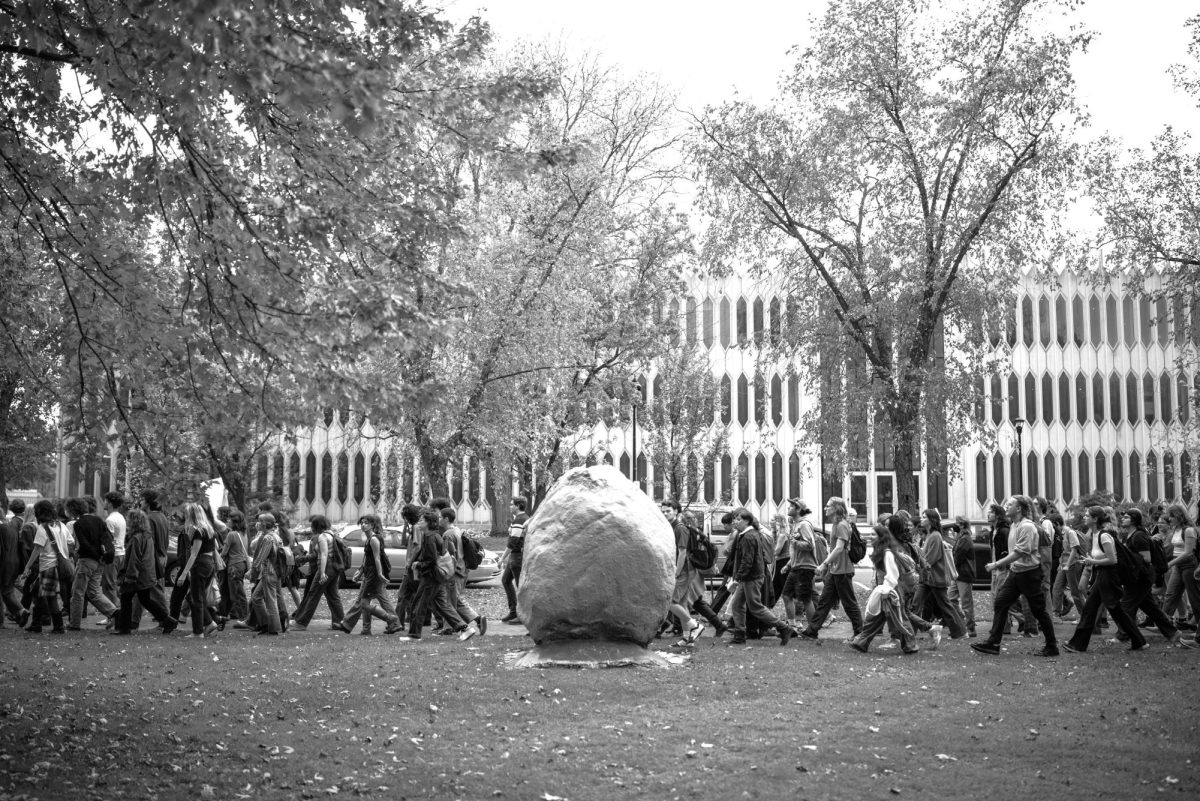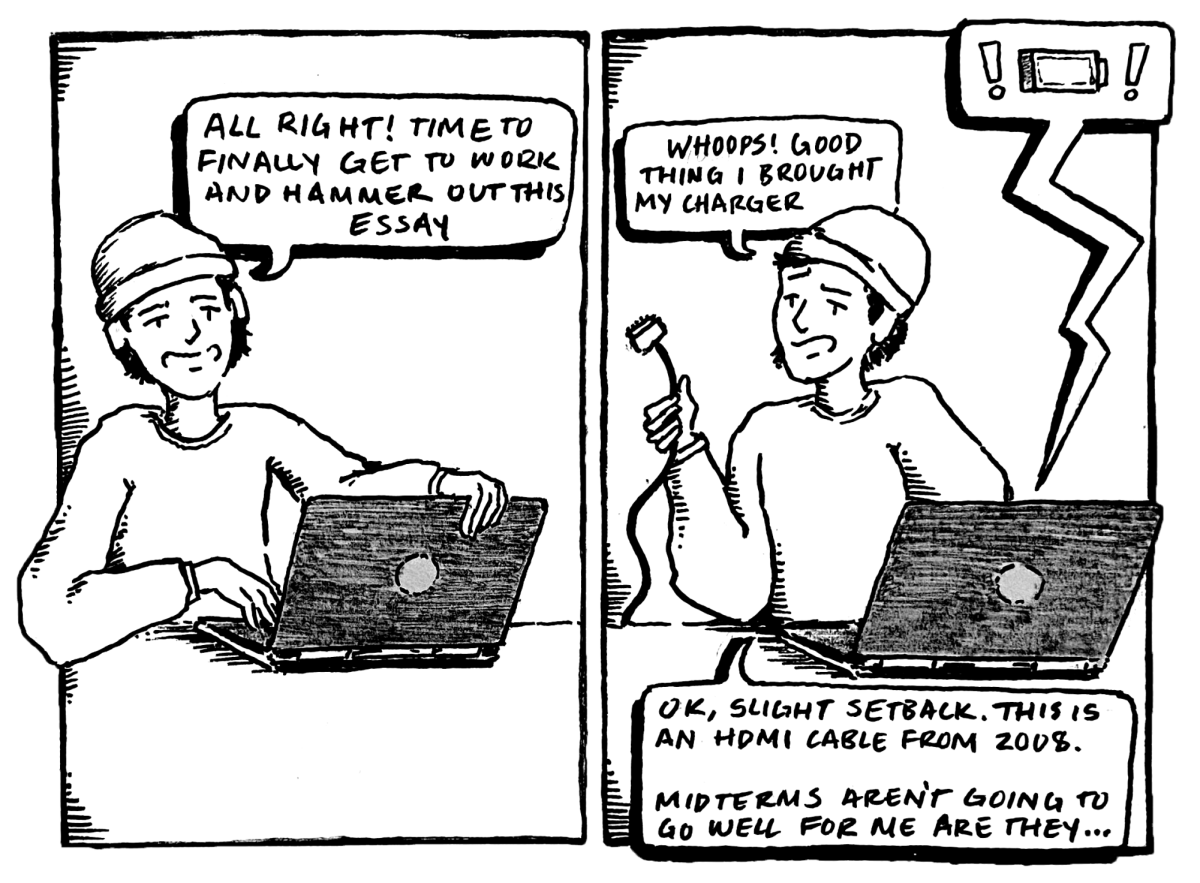I’m not writing this in an attempt to propose a perfect solution that will put an end to the violent tragedies unfolding in the Middle East. That is outside my knowledge, my abilities, and my capacity. I’m writing this to call attention to the fact that this war is truly a tragedy. I’m writing this so that we remember to check in on our friends, especially those with a close connection to the Israeli-Palestinian territory. I’m writing this to raise awareness of how this issue has polarized and disconnected the Oberlin community.
It has been a complex and difficult experience to exist as a Jewish person at Oberlin who strongly believes in and advocates for the freedom of the Palestinian people. I do not believe that complex and difficult experiences should be avoided. It is through this discomfort that we can all grow into the best versions of ourselves, able to hold nuanced and compassionate opinions.
In times of tragedy and loss, it is of the utmost importance that we support each other in our grief and acknowledge the collective suffering that we are experiencing. Oberlin is a community that emphasizes the importance of empathy and compassion as well as justice and activism. But have we been holding ourselves true to these ideals? I’ve noticed that some of the activism that has been happening on campus lately does not seem to come from a space of compassion, and it is certainly not leading to any justice.
I had a conversation a few weeks ago that keeps running through my head. It was the night after the war broke out, and I happened to be at a party. One person wished to celebrate the cause for Palestinian liberation. I was ready to celebrate with them. Then they said to the group and also to me, unprompted, “If you have friends or family in Israel, I’m sorry, but suck it up. It’s our turn.” My mother’s best friend’s cousin and his entire family died two days later. Since then, I have lost contact with multiple Israeli students that I had shared choir rehearsals with in high school. I am praying for them.
On the other hand — though this is by no means a two-sided issue, it is much more complex than that — memorials and vigils put up on campus for Palestinian victims have been taken down, trashed, and otherwise destroyed since the start of the war. I feel sick to my stomach when I attempt to fathom the sense of entitlement and the lack of respect that would drive students to destroy a memorial.
The dismissal of the humanity of the lives lost in the Israel–Hamas war is beyond disturbing to me. Each of these deaths, which now total over 10,000, is a tragedy and a loss. Why do we refuse to acknowledge the pain and suffering on every side of the war?
These events show that in the face of global tragedy, we are on the verge of losing our humanity and our willingness to support each other in our collective grief. I do not know what to say. I am grieving and I am afraid. But I am not alone. We are all grieving and afraid. Why can’t we acknow- ledge that?
Many of us here at Oberlin are faced with absolute devastation in the news and through our own personal and interpersonal connections to the region. Meanwhile, around the world, antisemitic and Islamophobic hate crimes are increasing at an astonishing rate. And yet, we seem to be disconnecting from each other and disengaging from difficult and compassionate conversations rather than coping together as a caring community. We are failing to support each other. In my year and a half at Oberlin, I have never felt this distanced from my classmates. If we as a campus, thousands of miles away from the Middle East, cannot find common ground or at least acknowledge the tragedy of lives lost on every side of the war, how can we hope for a just and peaceful resolution to the conflict in the Israeli-Palestinian territory?
It is true that atrocities have been committed by both the Israeli military and by Hamas.Those are conversations we absolutely need to have. I also think we all need to have conversations about our lost loved ones to keep their memories alive and to create spaces where we feel safe to grieve. We all need to provide each other with support, empathy, and communal care. We all have the choice to either invalidate the weight of each others’ grief or to bear the heaviness together as a community.



